On a snow-covered runway in Munich, 6 February 1958, the roar of the aircraft’s engines gave way to silence.
Manchester United’s plane was attempting a third takeoff after refuelling en-route from Belgrade. A few moments later, it crashed through a fence, broke apart, and burst into flames.
Twenty-three people died. Among them: eight of the club’s most promising young players. Known as the Busby Babes, they had dazzled Europe with talent, spirit, and youth. Now they are gone.
And football, in England, would never be the same.
TIMELINE
February 5, 1958 – Triumph in Belgrade
Manchester United had just secured a spot in the European Cup semi-finals, drawing 3 – 3 with Red Star Belgrade to progress 5 – 4 on aggregate. The team, guided by Sir Matt Busby and driven by youth, was hailed as England’s next great sporting dynasty.
February 6, 1958 – Tragedy in Munich
Their BEA flight stopped in Munich for refuelling. After two aborted take-off attempts due to engine trouble, the crew tried again. Slush on the runway slowed the aircraft. It failed to lift. The plane skidded, smashed into a fence, and struck a house.
Of the 44 people on board, 23 lost their lives, some instantly, others later in hospital. Those who passed away included:
Geoff Bent
Roger Byrne (captain)
Eddie Colman
Duncan Edwards (died 15 days later)
Mark Jones
David Pegg
Tommy Taylor
Liam Whelan
Manager Matt Busby was seriously injured. Bobby Charlton and Harry Gregg survived. The press dubbed Gregg “The Hero of Munich” for pulling teammates from the wreckage.
February 7 – 14, 1958: A Nation in Mourning
The news stunned the UK. Flags flew at half-mast. Football matches opened with silence. Tributes poured in from around the world. In Manchester, mourners lined the streets outside Old Trafford.
Duncan Edwards, perhaps England’s most promising player, fought for his life in a Munich hospital but died on February 21.
Aftermath: Rebuilding from Ruins
Busby, recovering in hospital, reportedly told his wife he would resign. She replied, “No, you must live: for them.” He returned the next season. The club was rebuilt. And in 1968, just ten years later Manchester United lifted the European Cup.
Bobby Charlton, a Munich survivor, scored twice in the final.
THE PRESS
AT THE TIME
The news broke like a thunderclap. Across Britain, front pages struggled to capture the scale of the loss.
The Daily Mirror carried the tragedy across its front page, in huge black letters that captured the shock of the moment:
“Soccer Air Tragedy – Manchester United Plane Crashes, 22 Dead”
The Daily Herald spoke with blunt sorrow, its banner headline stark and devastating:
“Soccer Disaster – 7 Die, 10 Live”
The News Chronicle spelt out the horror more fully, reminding readers just how many young lives had been taken:
“Soccer Plane Disaster – Seven Manchester United Stars Among 21 Dead”
The Daily Mail chose the phrase that fans had used with affection — and now, with grief — as it announced:
“7 Busby Boys Die”
LEGACY
The Munich Air Disaster was a deep wound for club and nation. In the golden age of post-war football, the Busby Babes had come to symbolise youthful joy, unity, and ambition.
Their passing reminded the world how fragile hope can be. But it also laid the foundation for the Manchester United we know today — one of the biggest clubs in world football.
Read Manchester United’s Defining Moments
Munich. The Treble. And everything before and after.
See how it was reported at the time, in our Manchester United History Book.
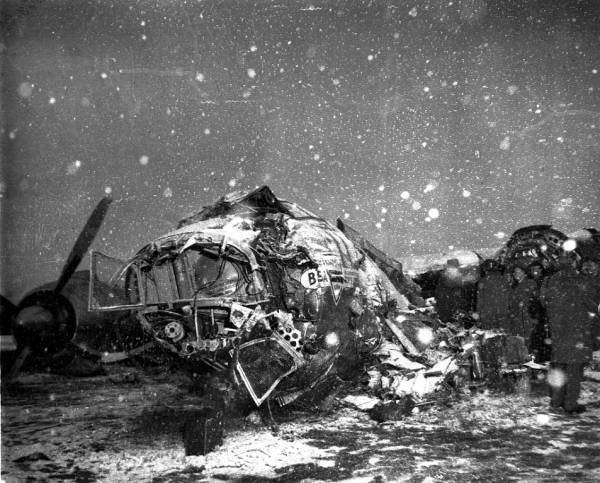
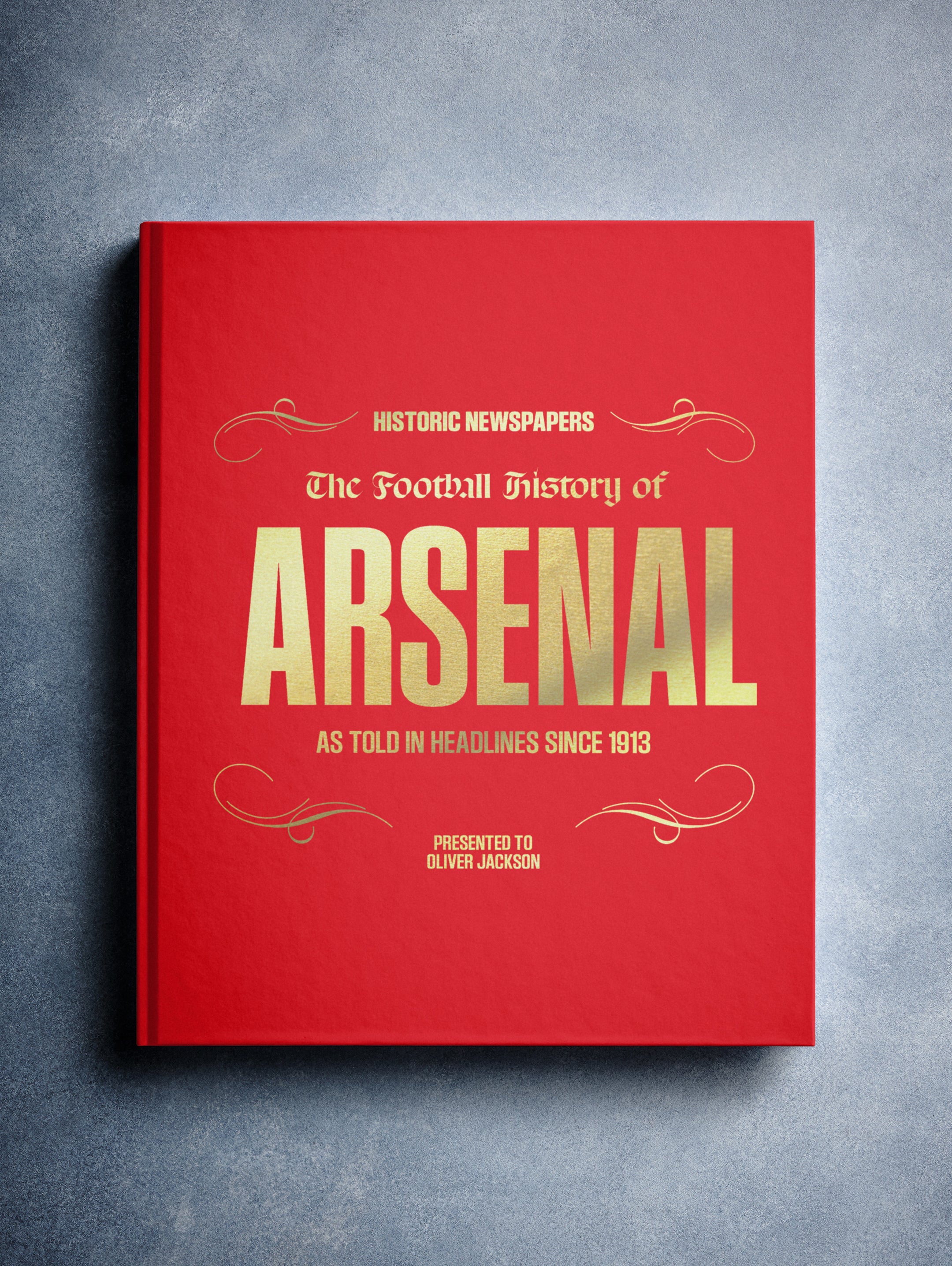


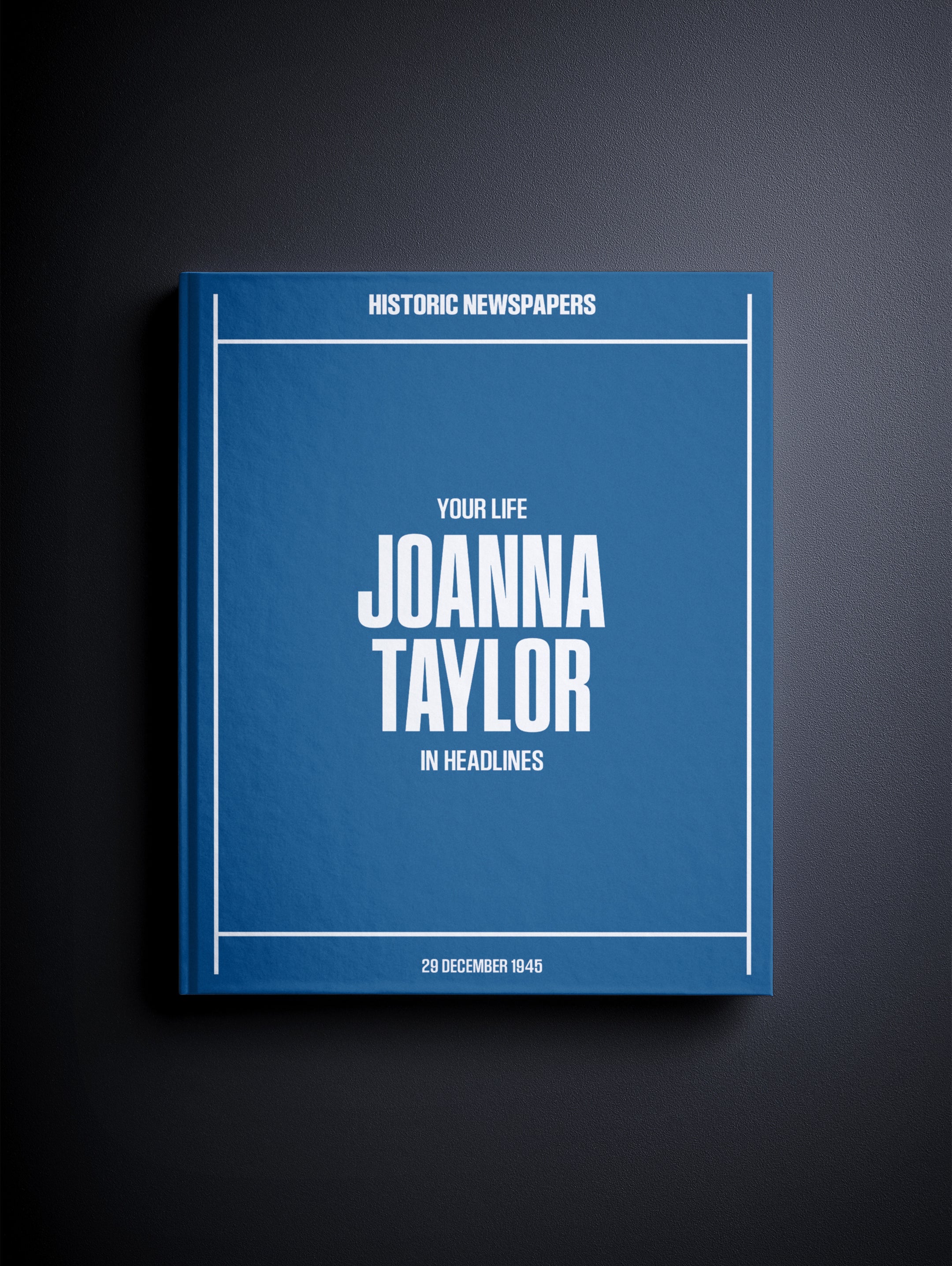
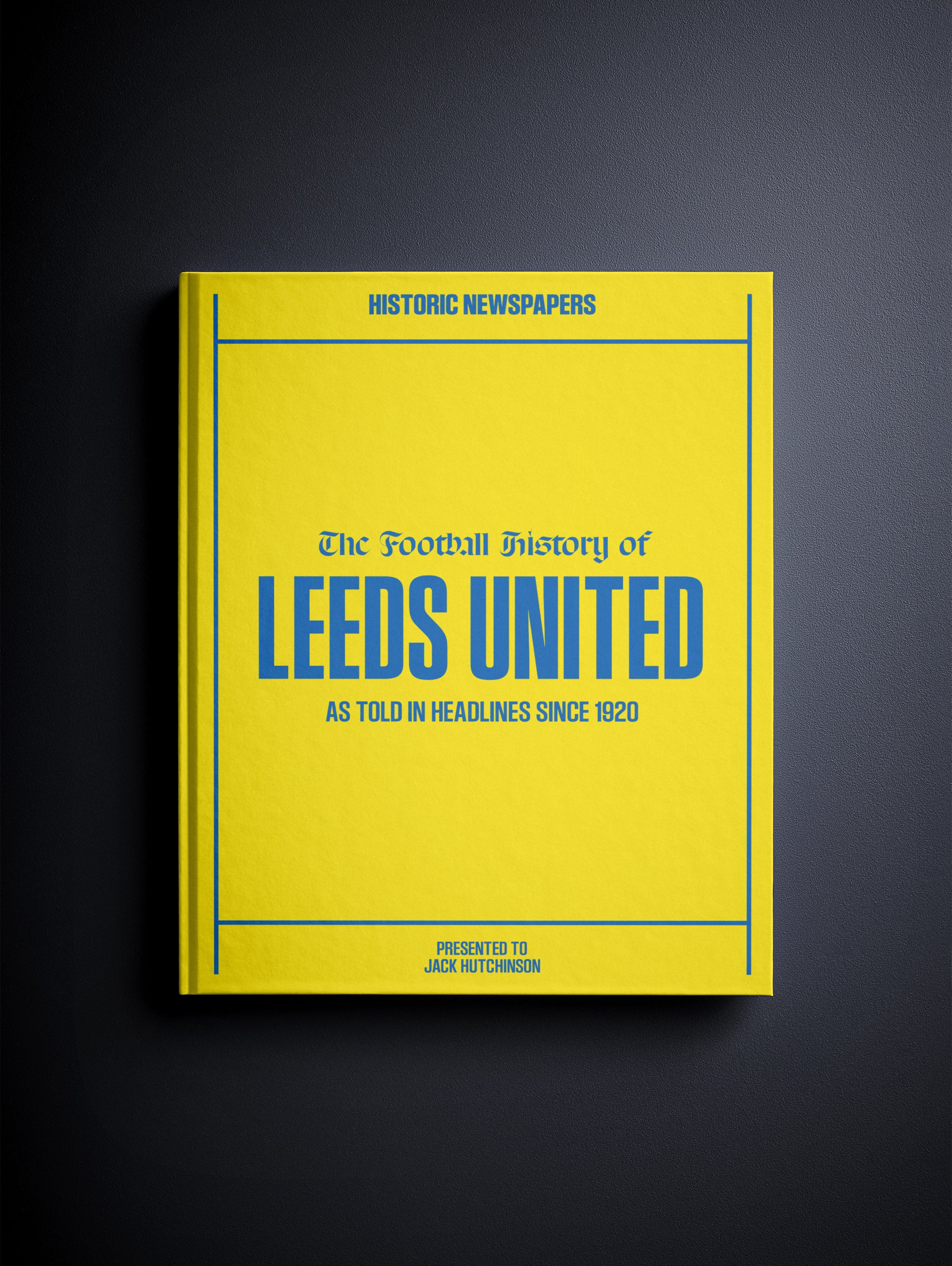

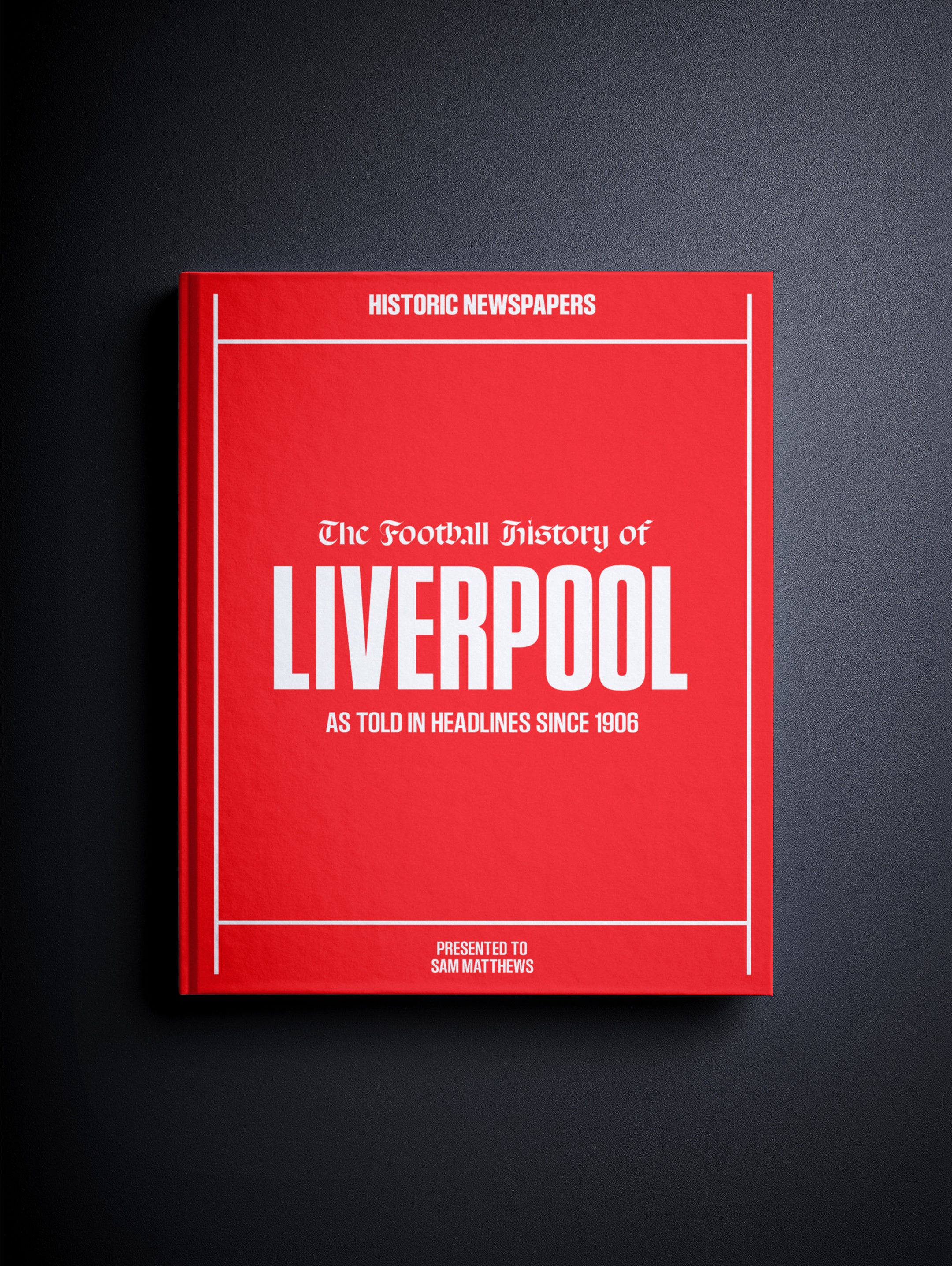
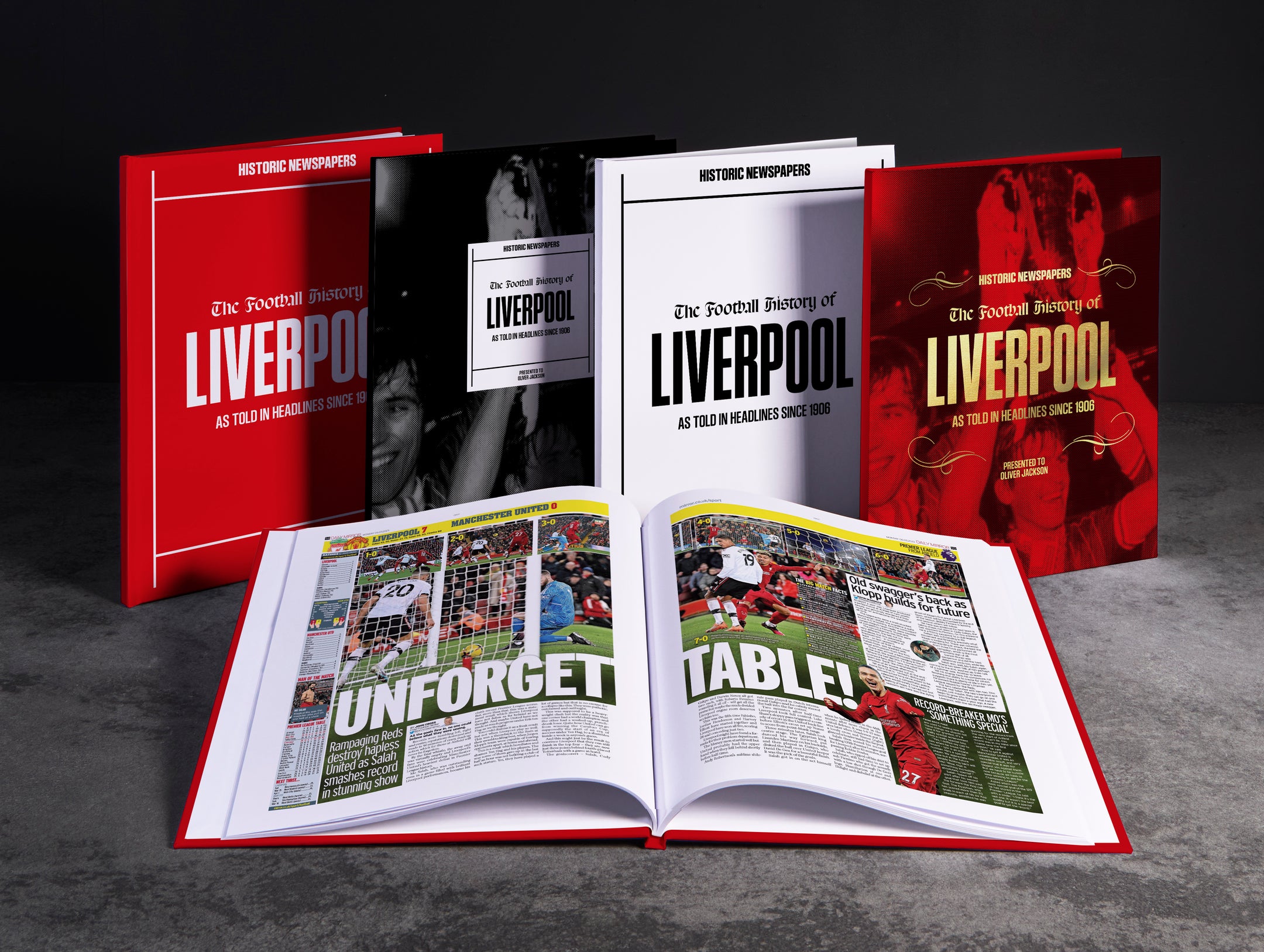
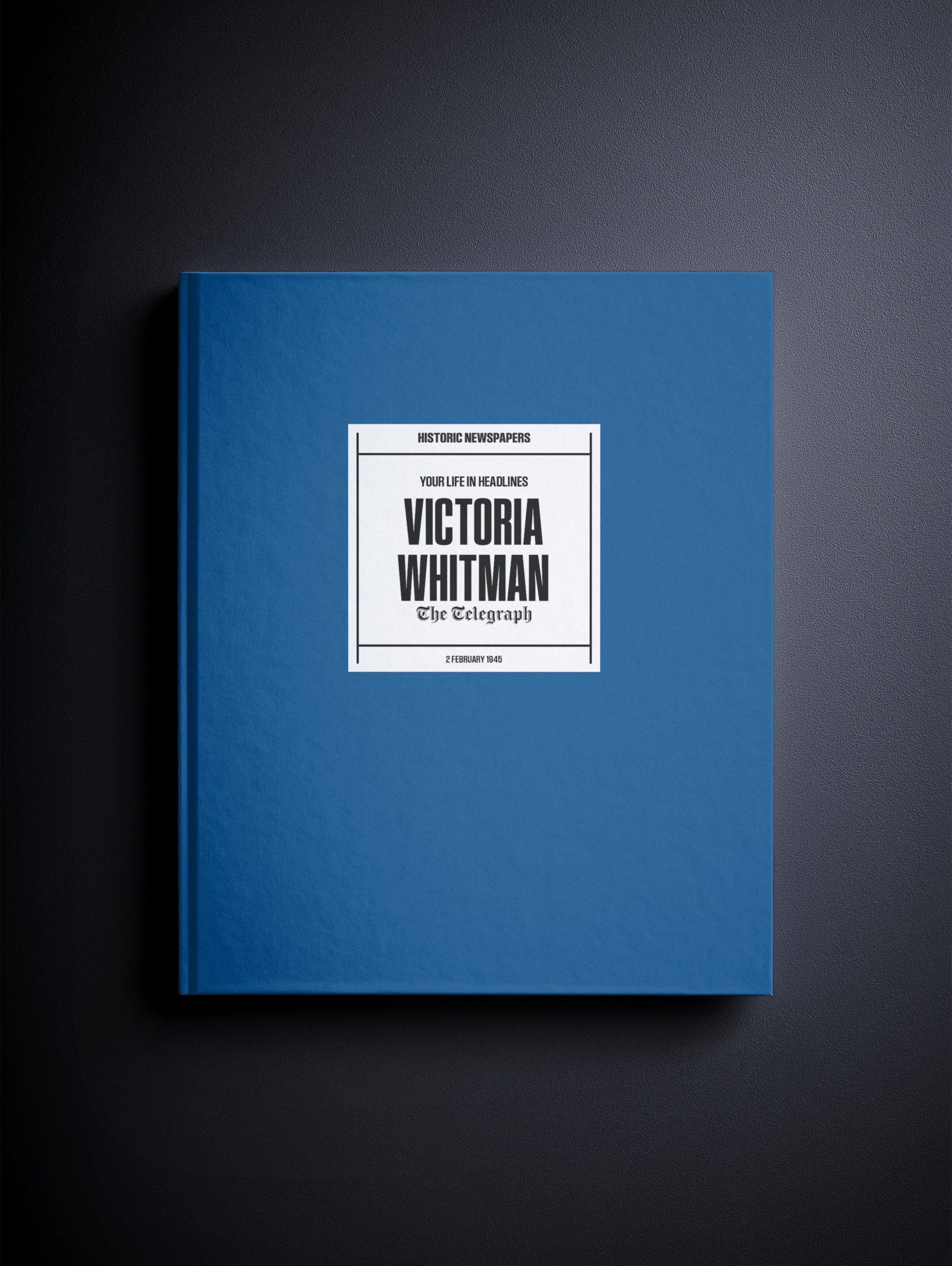
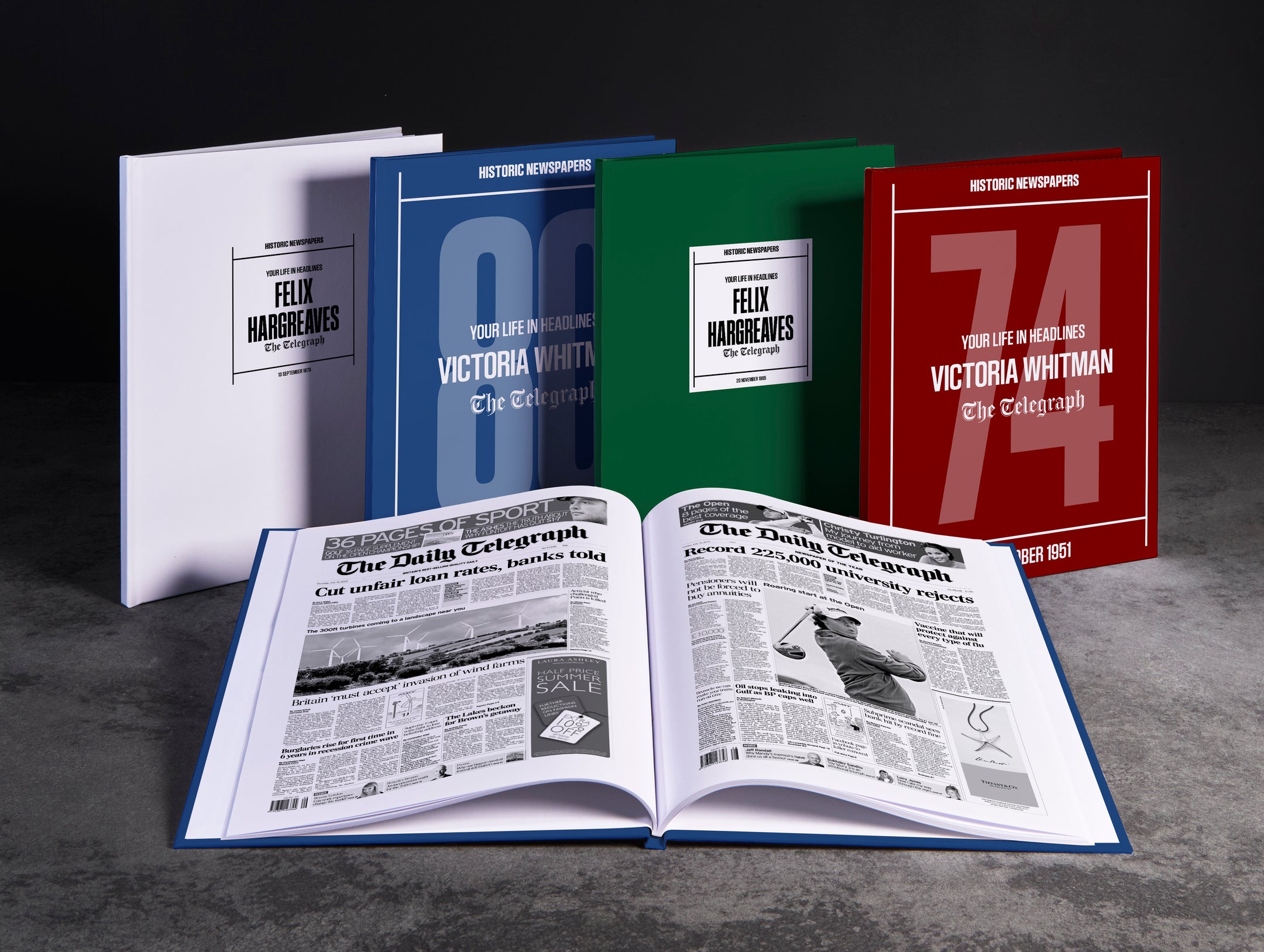
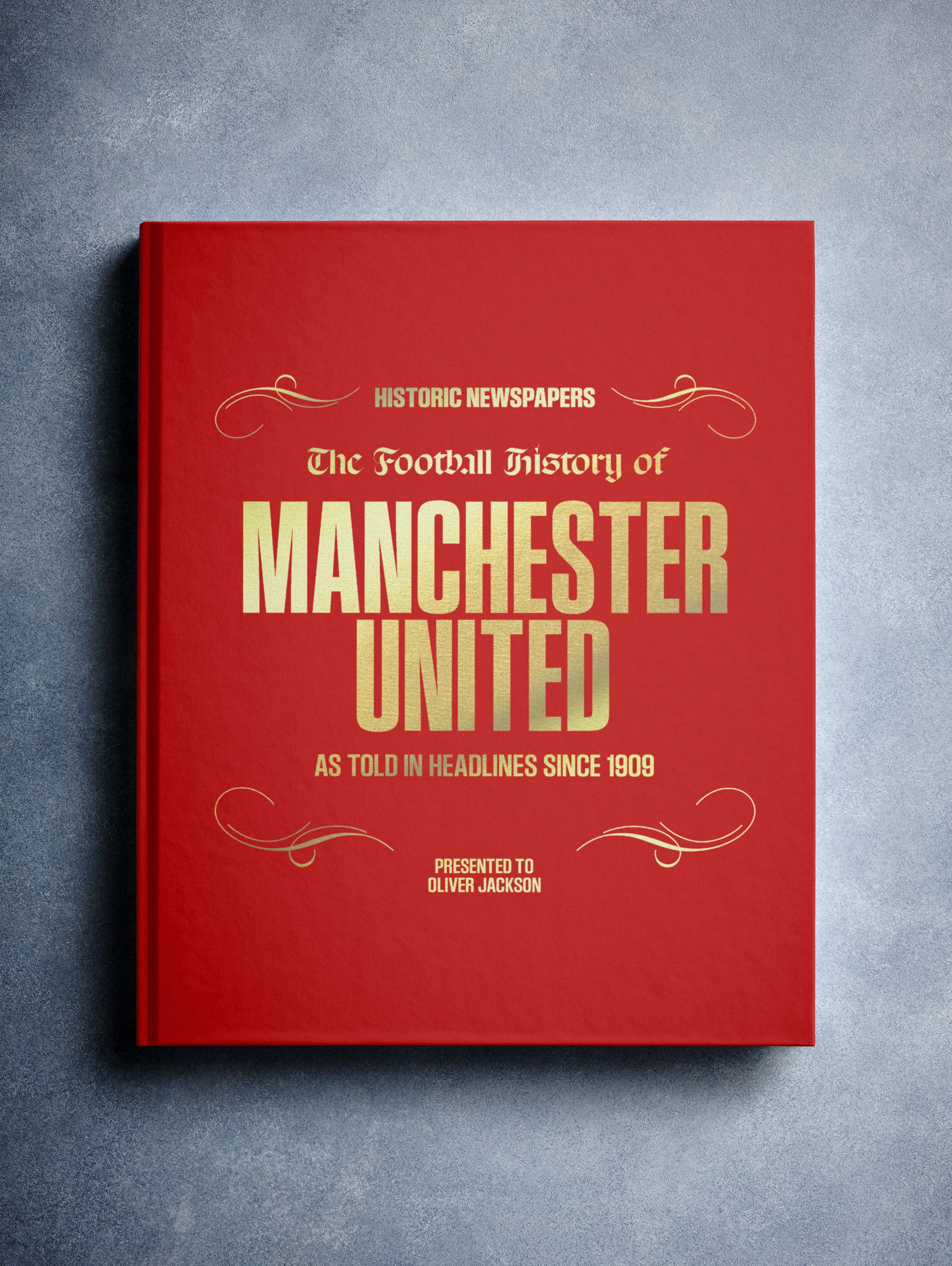
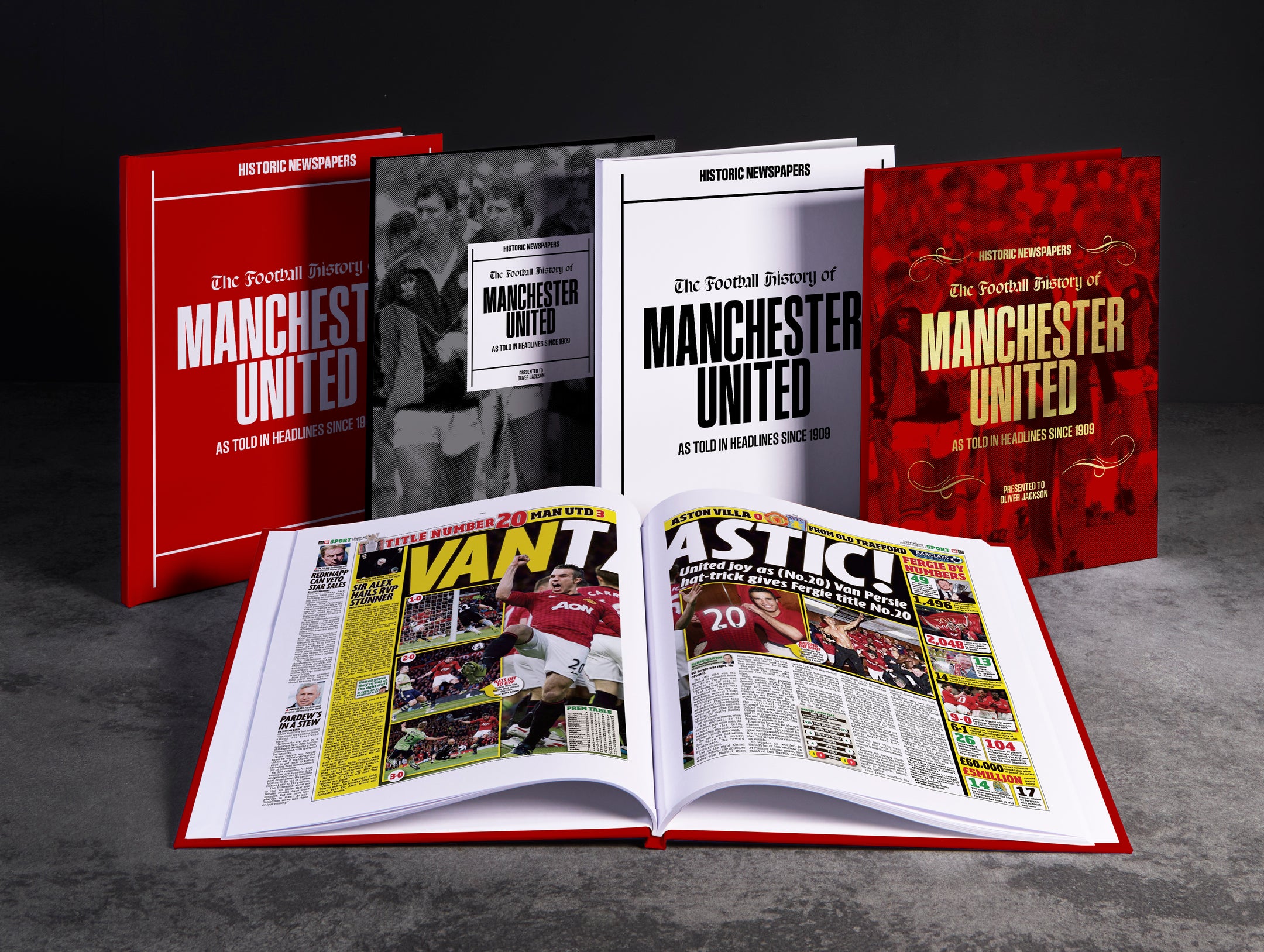
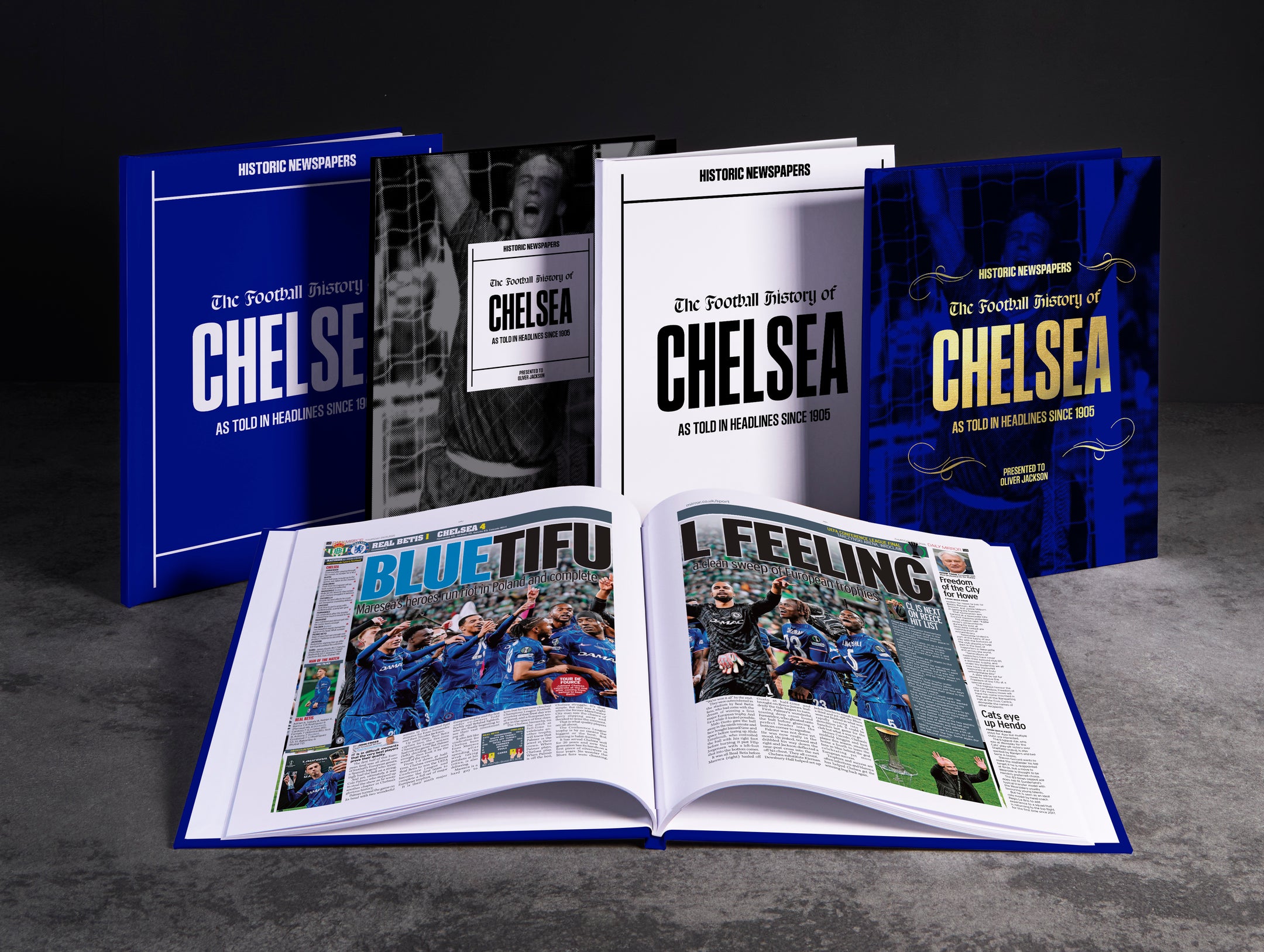





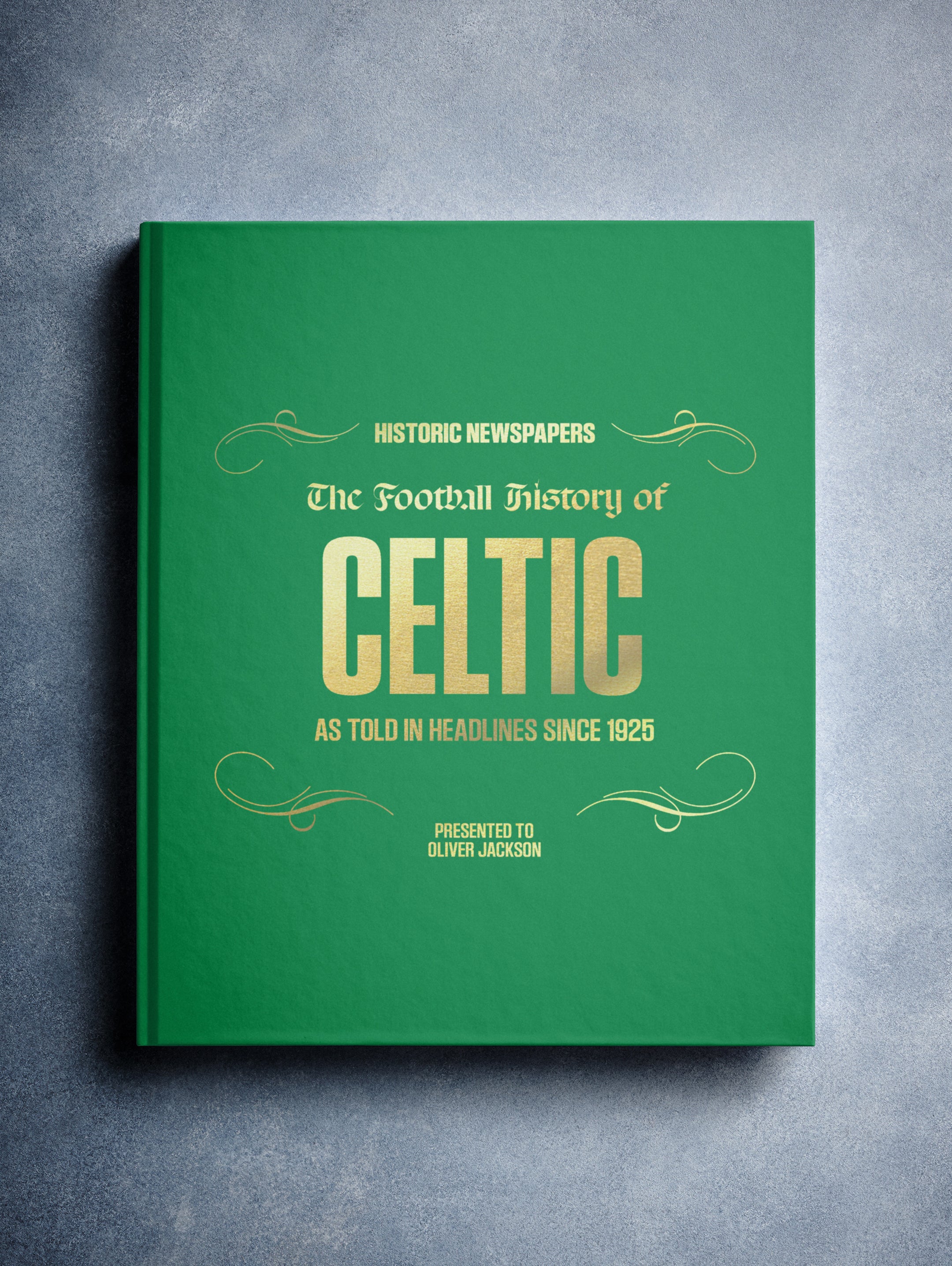



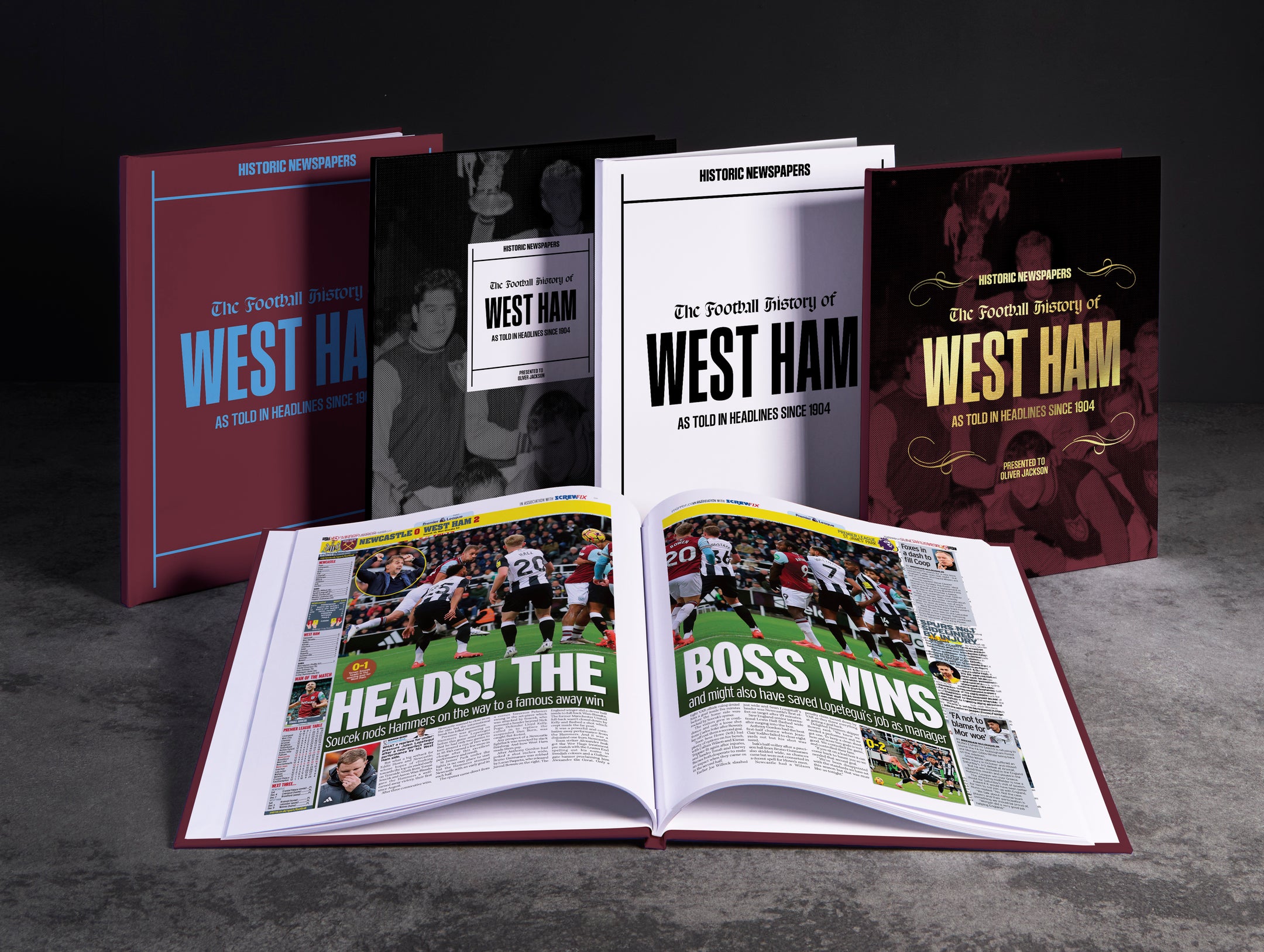


Follow us